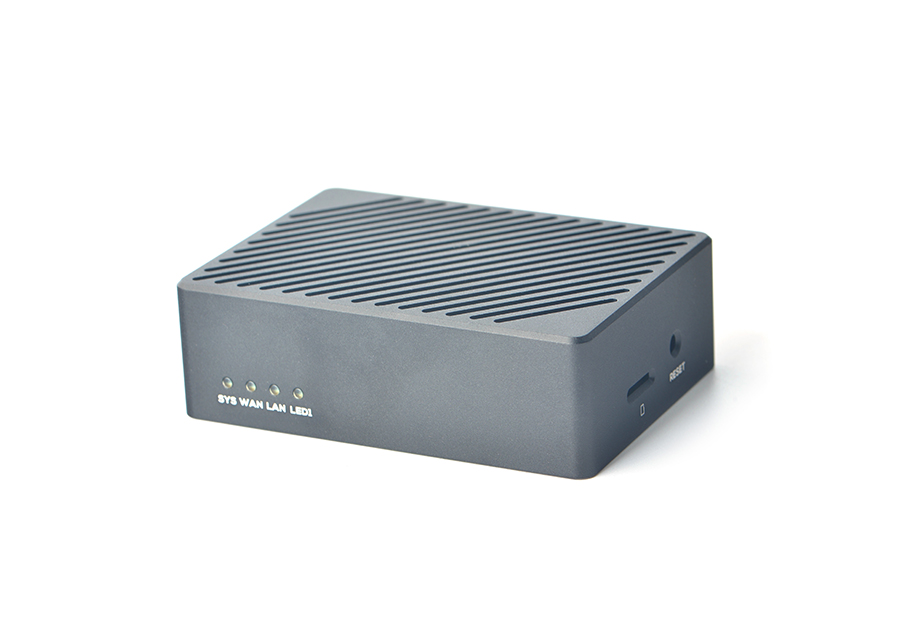I tried making my own distribution, following the guide, however, I couldn't get the created image working on the device. I can only connect headlessly over wifi to the device, so this may have been the overall issue 😅
Looking at the specs between the OPi Zero 3 and the OPI Zero 2W there's a lot of similar components used, I've just flashed the Zero 3 image to my device and it seems to be working ok so far... 🤞 and the wifi definitely works – due to my reliance on headless setup.
| OPi Zero 3 | OPi Zero 2W | ||
| CPU | Allwinner H618 Quad-core Cortex-A53 processor 1.5GHz | Allwinner H618 Quad-core Cortex-A53 processor 1.5GHz | ✅ |
| GPU | Mali G31 MP2 | Mali G31 MP2 | ✅ |
| Memory | 1GB/1.5GB/2GB/4GB LPDDR4 | 1GB/1.5GB/2GB/4GB LPDDR4 | ✅ |
| On-board storage | 16MB SPI Flash | 16MB SPI Flash | ✅ |
Are there any other board features that we should care about that might affect the usage of the Zero 3 image on the Zero 2W? On paper they look pretty similar, the only difference really being their form factor and the Zero 3 having some additional physical I/O, like ethernet.
Edit: it seems like there's already a lot discussion over in #6594
Edit 2: (5 Jan 2024) I've been using the Orange Pi Zero 3 image successfully for a week now with no issues. It's only connected via WiFi. I have successfully been using software like Tailscale, NFS network drive etc with it.

Creating an image request
Formal device information
Is the SBC officially supported by the Debian installer?
If not, is a reliable 3rd party Debian image available for this SBC?
If not, are there install instructions for Debian available?
I see previous issues that requested an Orange Pi image had been closed. If this is still the case, feel free to close this issue 🙇